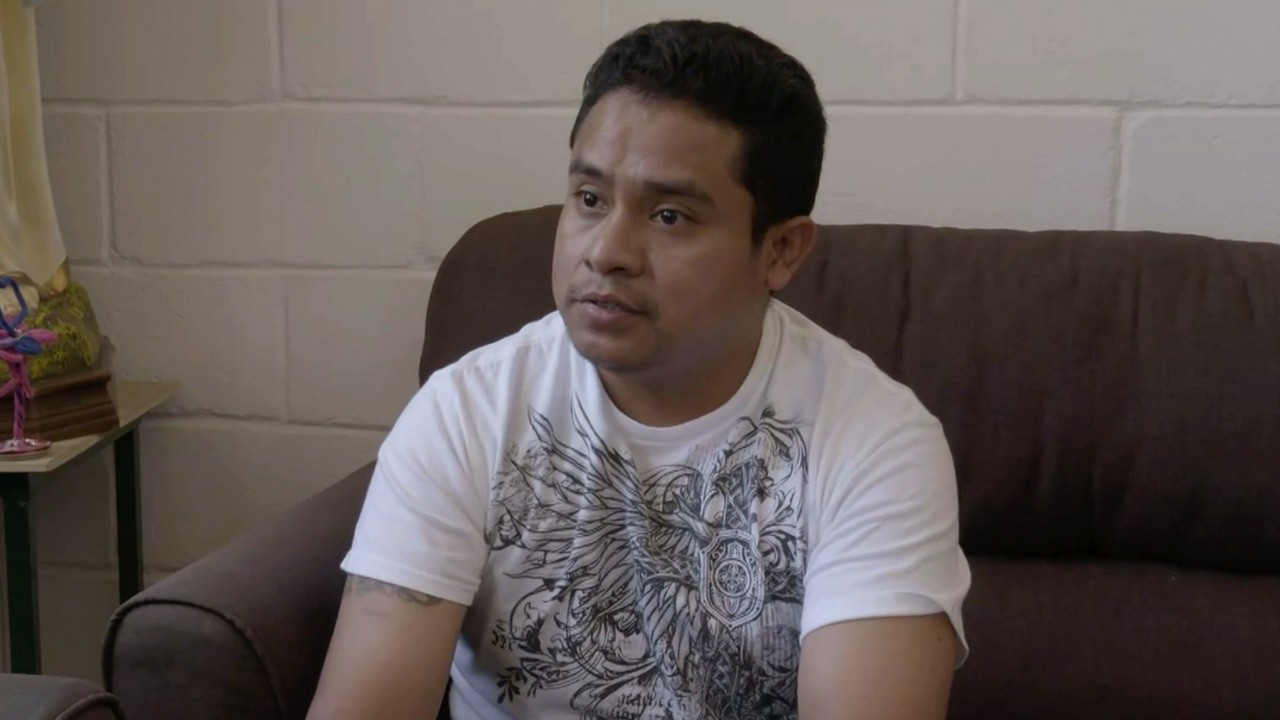When employees at the federal prison in Victorville, California found out a few weeks ago that 1,000 migrant detainees were being transferred there by Immigration and Customs Enforcement as part of the Trump administration’s “zero tolerance” policy on illegal immigration, they started to panic.In addition to the 3,500 inmates already under their watch — some violent — prison staff would now have to deal with a thousand more people who could not be mixed with the general population and would need to be fed, clothed, and provided with medical care.The Trump administration has cut federal prison staff ranks by 14 percent — around 6,000 positions nationally — over the past year. That has meant medical staff, teachers, food service workers, and other prison employees in prisons like Victorville are frequently being put on guard duty to cover the prisons’ basic functions.Shortly after the detainees arrived, illness outbreaks began to pop up. “Our medical department was not ready,” said John Kostelnik, a case manager and union leader at the Victorville prison, which has just one full-time physician. “Now we have chicken pox, scabies. We had a detainee who had worms in his armpits.”Medical reports from Victorville obtained by VICE News show staff are deeply concerned about the lack of access to medical care for immigrant detainees. In the case of one 19-year-old man who complained repeatedly about stomach pain and was not allowed to leave the prison for treatment, Victorville medical staff wrote in his report, “We will check vitals and get what studies they will allow us to get in the prison. This delay of care could cause increased morbidity and potential mortality.”Read: The Supreme Court just created a legal mess for detained immigrantsMeanwhile, as staff have been spread even thinner than usual, an inmate died at Victorville last Tuesday. Kostelnik said the death was a suicide and the inmate did not receive the required doctor’s visit during his first two weeks at the facility, which overlapped with the influx of ICE detainees.In addition to medical care concerns, Victorville and Sheridan have been sued for denying immigrants access to lawyers. The Sheridan prison received just one day’s notice about the 130 detainees now housed there, a Justice Department lawyer said in federal court Monday.Luis Javier Sanchez Gonzalez, an immigrant from Mexico who sought asylum at the San Ysidro port of entry in May and was separated from his two young children, spent the last 18 days at FCI Sheridan without access to an immigration lawyer, according to court filings.On Monday a federal judge in Oregon questioned a Justice Department lawyer representing ICE and BOP about whether the prisons’ decision to prevent lawyers from seeing the detainees was a response to President Donald Trump’s tweet on Sunday suggesting immigrants should not even have their cases heard, a right they are constitutionally guaranteed. Cover image: Homeland Security buses enter the Federal Correctional facility in Victorville, Calif., on Friday, June 8, 2018. (James Quigg/The Daily Press via AP)
Cover image: Homeland Security buses enter the Federal Correctional facility in Victorville, Calif., on Friday, June 8, 2018. (James Quigg/The Daily Press via AP)
Advertisement
Advertisement
“We failed to provide that inmate the care,” he said. “I don't know if it would have prevented him killing himself, I don't know.”Federal prisons aren’t set up to house ICE detainees. They are designed for convicted prisoners serving sentences. But now, in response to high demand for bed space because of the Trump administration’s policy of referring anyone who crosses the border illegally for criminal prosecution, the Bureau of Prisons has entered into an agreement with ICE to house immigration detainees at federal prisons for up to a year. Those detainees are expected to abide by prison protocol even though they haven’t been convicted of any crimes and some of them are seeking asylum.Under this agreement, five federal prisons in Texas, Washington, Oregon, Arizona, and California (Victorville) are housing 1,600 ICE detainees. Immigrants at Victorville and the federal prison in Sheridan, Oregon, have reported punitive conditions including prison uniforms, strip searches, cell confinement for 22 hours per day, lockdowns that last for several days, and no access to phones or reading material, according to the Office of the Federal Defender in Oregon and ACLU of Southern California.Read: How Trump is using a refugee agency to jail immigrant kidsWhile corrections officers are under the impression that the agreement between BOP and ICE is supposed to last 120 days, a source who has seen the ICE agreement with Sheridan told VICE News that it will last up to one year.“We failed to provide that inmate the care”
Advertisement
The judge ruled that FCI Sheridan must allow lawyers to enter the prison to meet with Sanchez Gonzalez and the other detainees. Last week a federal judge in California ruled that the Victorville facility must do the same. When a Guatemalan man at Victorville finally saw a lawyer after weeks in federal prison without contact with the outside world, the lawyer, ACLU staff attorney Eva Bitran, said he asked her to write down the name of the prison for him so he could know where he was.Not every prison housing detainees is struggling with medical emergencies and lawsuits. Isaac Ortiz, a corrections officer and union representative at La Tuna federal prison outside El Paso, which is holding around 200 detainees, said La Tuna hasn’t been hit as hard by the staff cuts, and the staff are having an easier time housing the detainees.They are living in WWII-era barracks on the Biggs airfield at Fort Bliss army base, which used to hold alert B-52 bombers. The base, which includes La Tuna federal prison, will also soon house immigrant families under an agreement with the Department of Defense.“Because we're not getting an entire population, we're able to manage them right now until we get a grip on what we're supposed to do,” he said. “Everybody is trying to figure out as we go. Every day is an adventure right now.”
